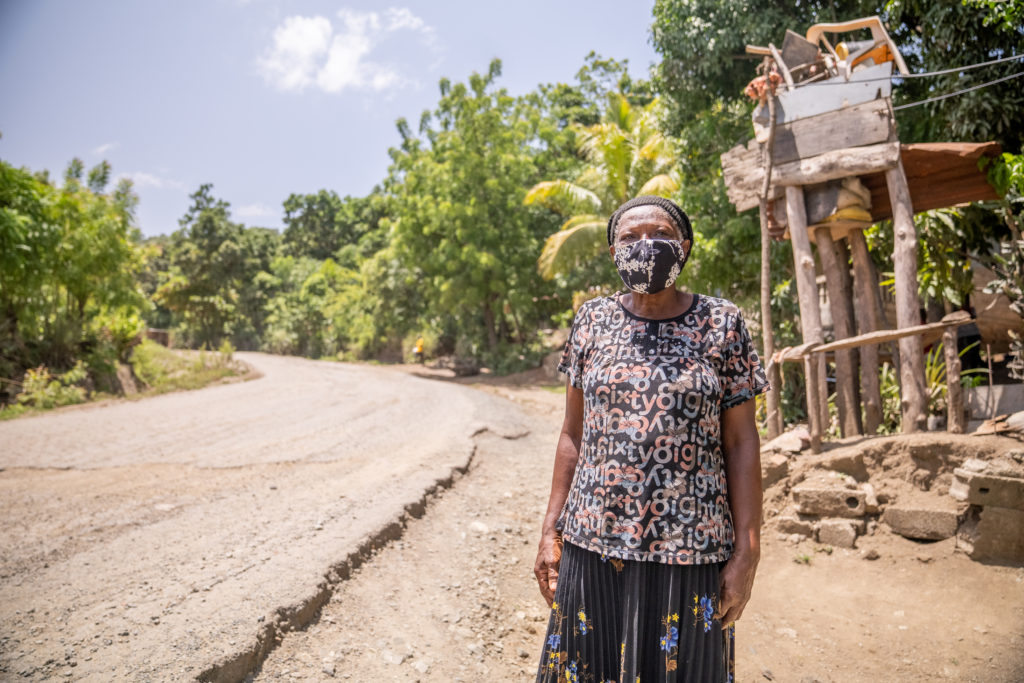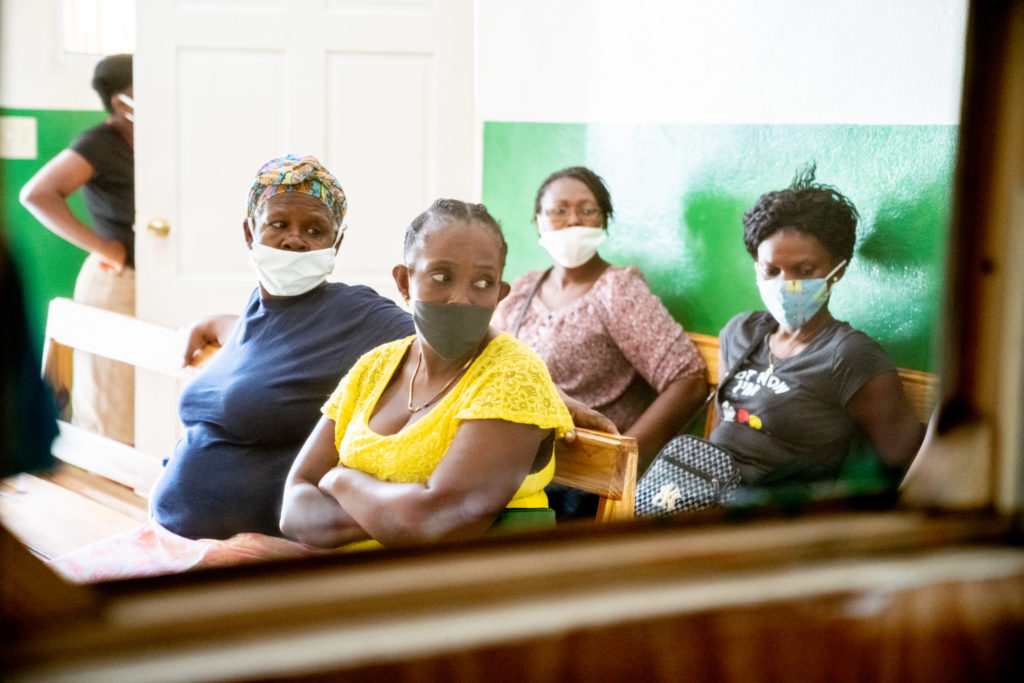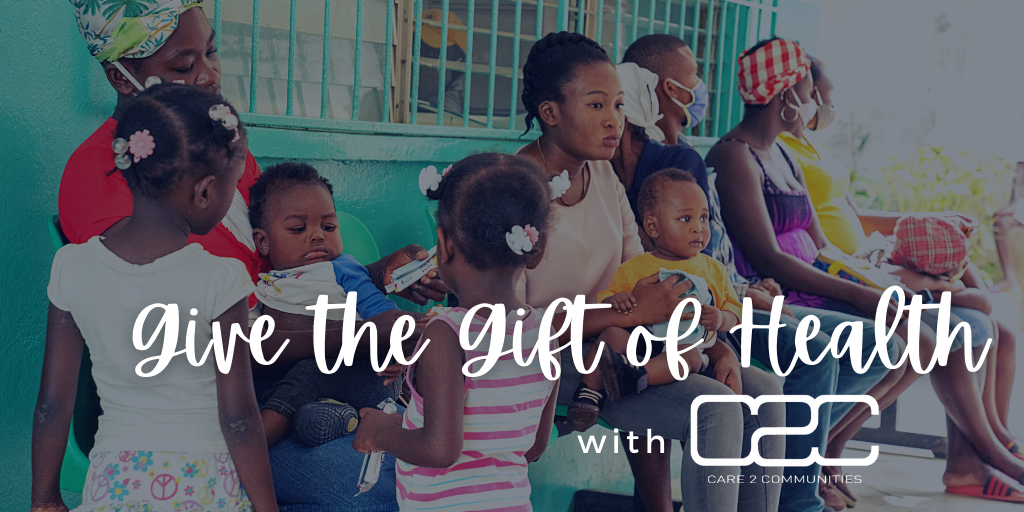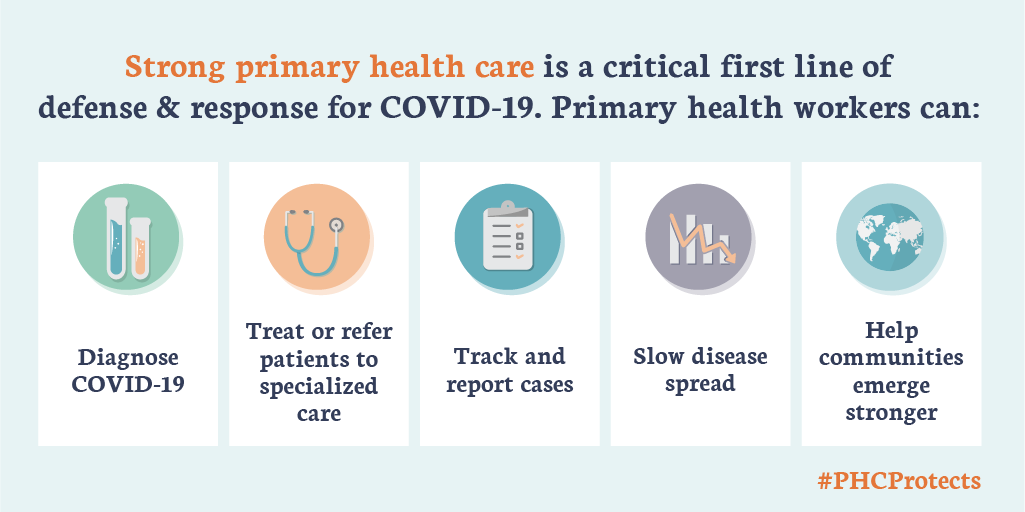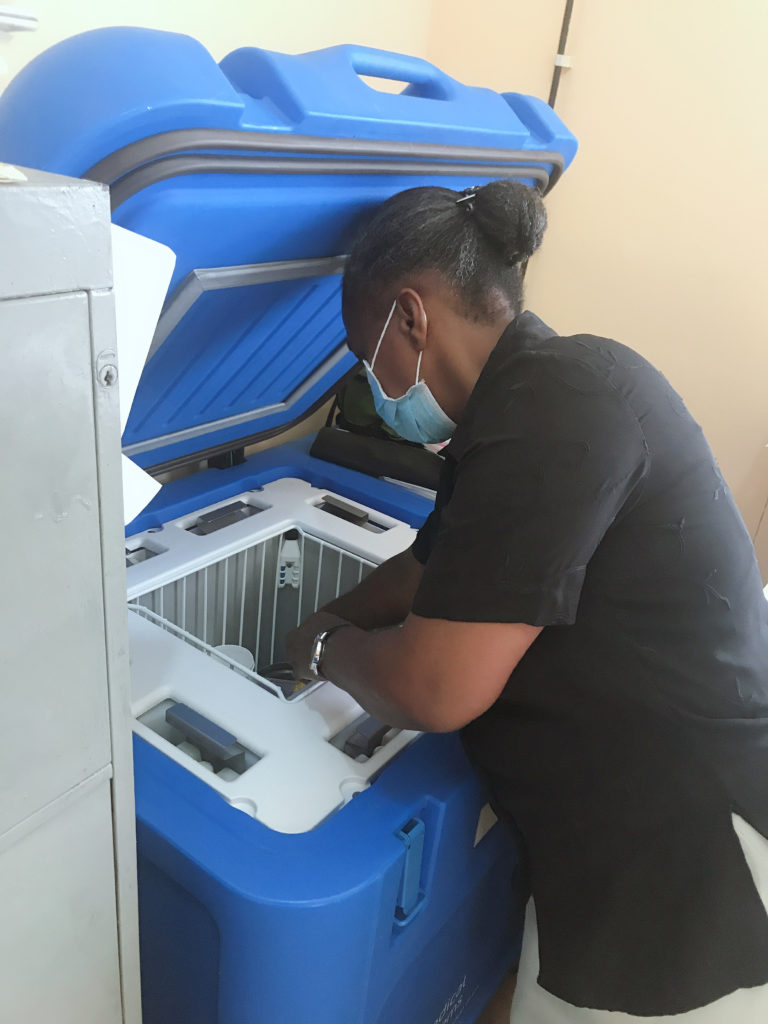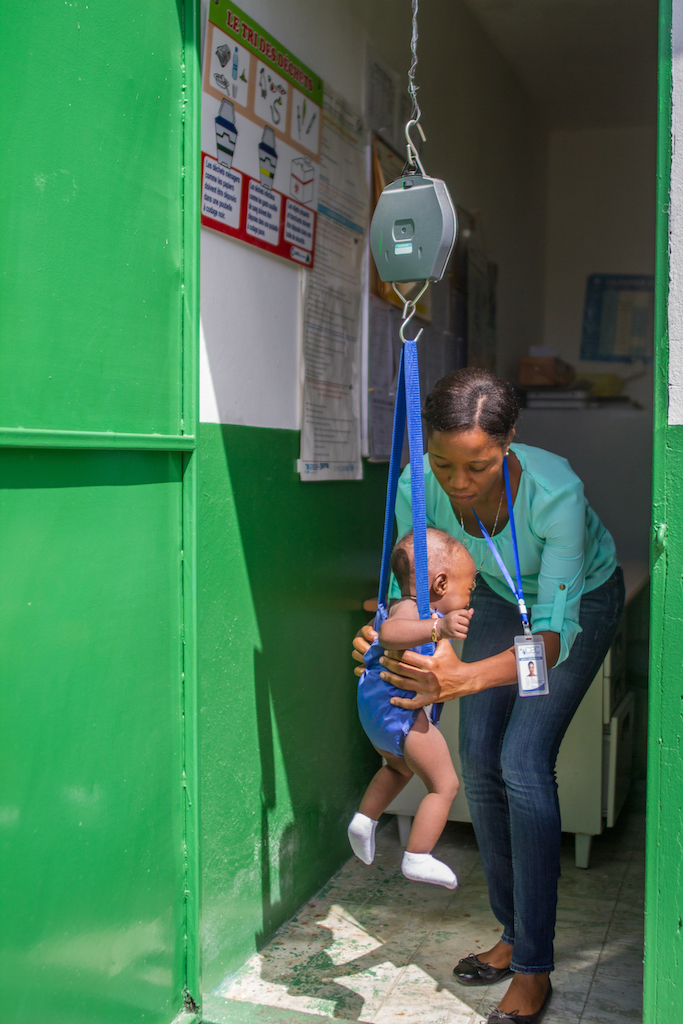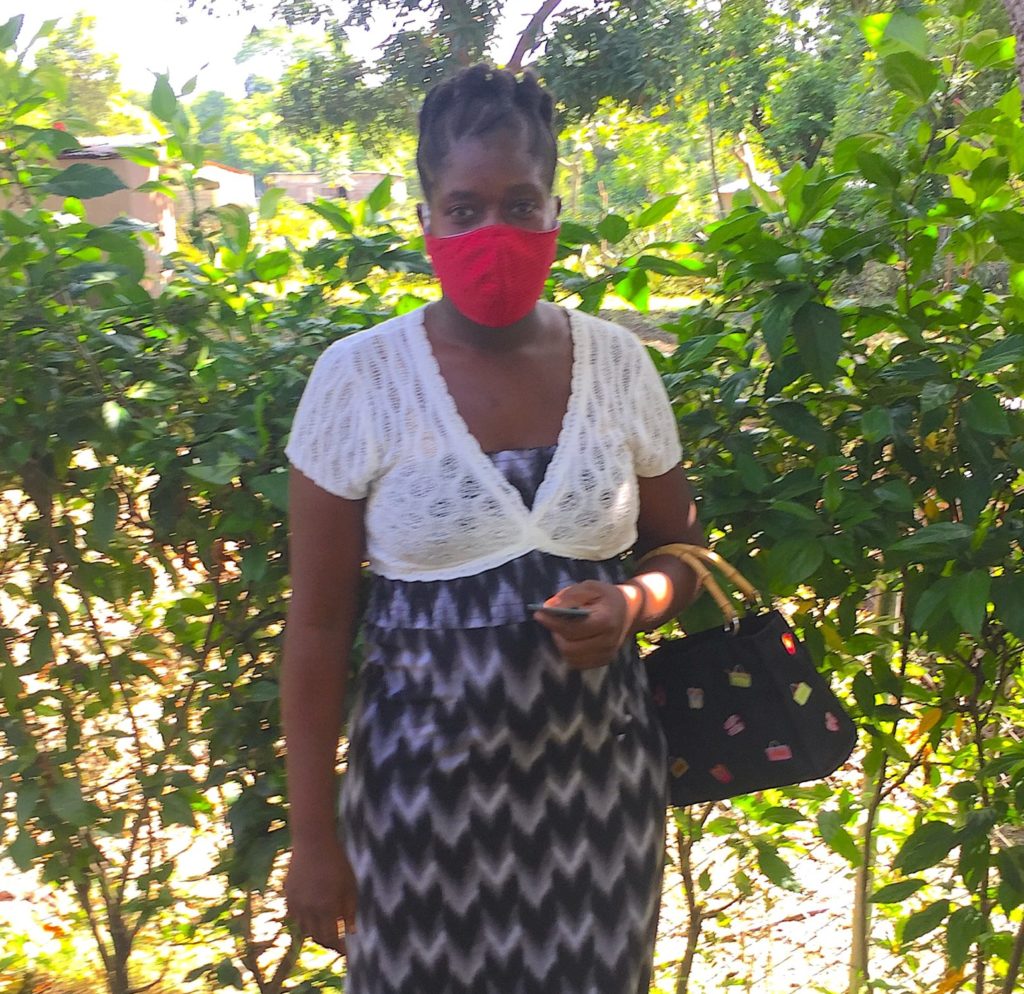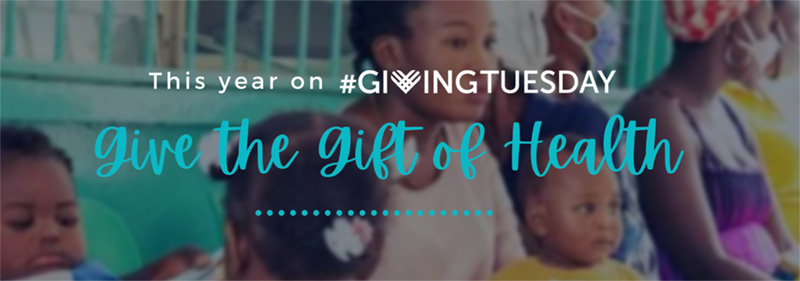March 8th is International Women’s Day, and all month long we are celebrating the contributions that women have made, both in our clinics and throughout Haiti’s history. This week gives us a chance to reflect on the ways that all of our lives have been shaped by the actions of women, as well as an opportunity to expand our knowledge. Women have been at the forefront of countless struggles for hundreds of years, but their contributions are not often proportionally recognized. We’d like to take this opportunity to celebrate the women shaping Haiti’s history and invite further engagement with the wealth of wisdom that Haitian women have to offer.
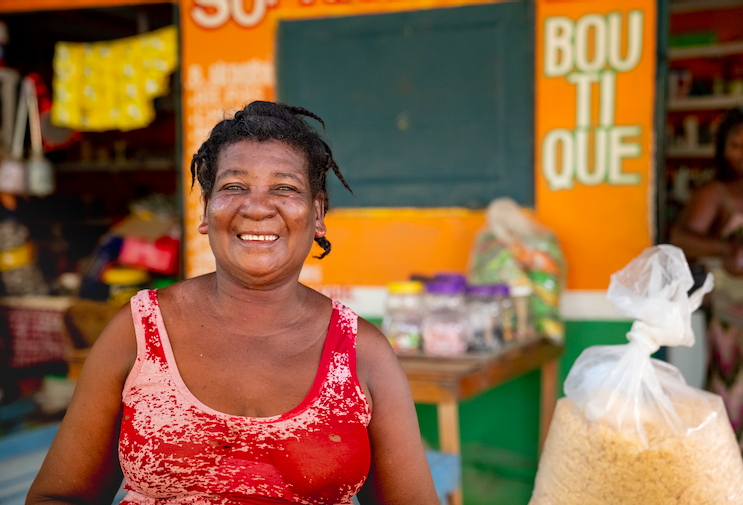
Women are the backbone of Haitian society and the lifeblood of its economy. Two-thirds of Haitian women participate in the workforce, working hard to build better lives for their families and their communities. The work that women do is integral to the Haitian economy, both for farmers producing goods and consumers buying food. Women involved in the agricultural supply chain, called madan saras, purchase food from farmers and sell it in markets. Madan saras work cooperatively with family members and distribute their earnings for the betterment of their community. Their work is not supported or protected in any official capacity. But without them, Haiti’s agricultural supply chain would not function.
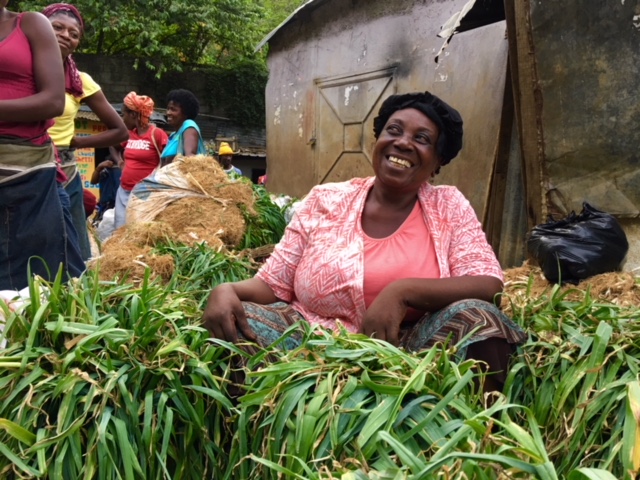
In addition to their central position in the economy, women have spearheaded movements for the betterment of Haiti since its inception. Adbaraya Toya (later known as Victoria Montou) was a member of an all-women military regimen in Benin before she was abducted and enslaved in Saint-Domingue, now Haiti. She lived on the same plantation as Jean-Jacques Dessalines (leader of the Haitian Revolution and the first ruler of Haiti), and she taught him and many others combat skills and commanded her own brigade in the Revolution. Countless other women played important roles in the Haitian Revolution, a revolt that had rippling impacts throughout the world, weakening the global system of slavery.
As women were so central to Haiti’s foundation, it makes sense that the country would later have a strong feminist movement. This movement began in the 1930s and was shaped by brilliant writers, suffragists, and activists. Alice Garoutte was a suffragist and women’s rights advocate who formed a book club that became a political organization. The group fought against the United States’ soldiers’ use of gender-based violence as a weapon of terror against Haitian women. Yvonne-Hakim Rimpel founded Haiti’s first feminist organization and first feminist newspaper.
Women are trailblazers across sectors of Haitian society, entering new spaces to advocate for their rights and communities. Ertha Pascal-Trouillot was the first woman to serve as a Supreme Court Justice in Haiti before serving as the country’s first woman as provisional president in 1990. Haiti has also had two women serve as prime minister. In the medical field, Yvonne Sylvain was the first woman in Haiti to become a medical doctor in 1940. Driven by her desire to serve her country, she studied obstetrics and gynecology and delivered healthcare to Haitian women throughout her life.
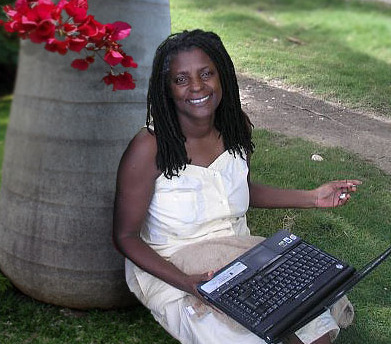
Women’s movements in Haiti have experienced disruptions and destabilization, both from natural disasters and political opponents. Many feminist writers and scholars were exiled during the Duvalier dictatorship or endured retaliatory brutality for their criticism of the dynasty, including Yvonne Hakim-Rimpel and Maryse Vieux-Chauvet. The 2010 earthquake in Haiti claimed the lives of prominent women’s rights activists, including Magalie Marcelin, Myriam Merlet, and Anne Marie Coriolan. Any catastrophe will reveal and exacerbate the inequities that are already present in a society, and the earthquake was a prime example of this. The earthquake jeopardized women’s financial security, as many women are involved in the formal economy and experience greater economic instability than men. Women were also more likely to seek refuge in internally displaced person camps, where they are at risk for gender-based violence.
Still, Haitian women continue to organize for justice and collective liberation in Haiti. The #PetroCaribeChallenge, a social media movement, is a great example of this. Countless Haitians, including women, stood against corruption and misappropriation of aid funding. It is important to remember, especially as political turmoil continues in Haiti, that what outsiders may see as unending unrest is an organized rebellion by Haitian people for self-determination and a better future.
In addition to being activists, scholars, and businesswomen, women are the foundation of public health in Haiti. We’ve long understood a mother’s health as one of the primary influences on a child’s health. Mothers in Haiti face high rates of maternal and infant mortality due in large part to the inaccessibility of perinatal care. The impacts of poor maternal health ripples throughout populations and generations, influencing public health outcomes and economic potential.
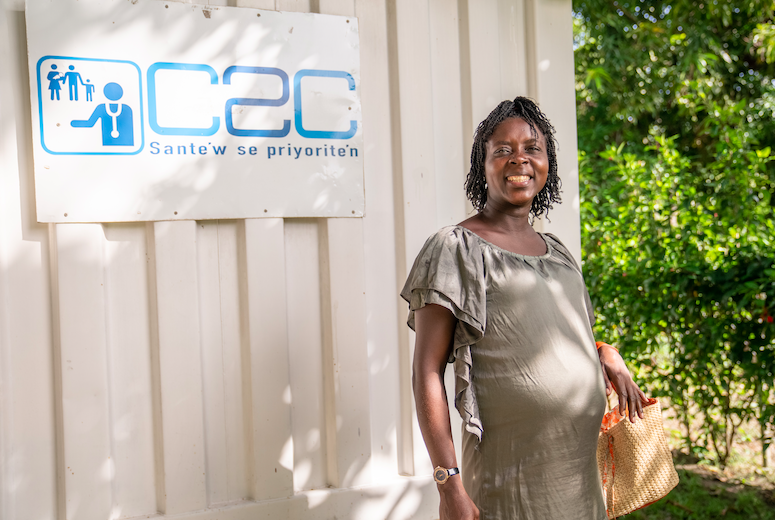
We focus on women’s health at C2C to improve life and generational health outcomes in the communities we serve. Our community clinics directly address the needs of women and their families through our vaccination, malnutrition, and maternal health programs. Often, mothers are the ones bringing their children to our clinics and taking an active role in protecting their child’s health. We are also committed to women’s empowerment through our community and reproductive health education programs. These programs give women the tools to make empowered, informed choices about their life and health outcomes. We strive to provide holistic healthcare and health education to women in Haiti to improve their lives and the lives of their families in the long term.
As an organization operating in Haiti, it’s important we learn this history and acknowledge the ways in which Haitian women set the groundwork for our organization and continue to make our work possible. Haitian women are the backbone of our organization. They are the midwives caring for pregnant women, the community health workers educating their communities, and the medical professionals who make our daily operations possible. The women who give care in our clinics save lives every day with their unique contributions to our organization. Our work stands on the shoulders of the countless women who have fought and organized, won and lost.
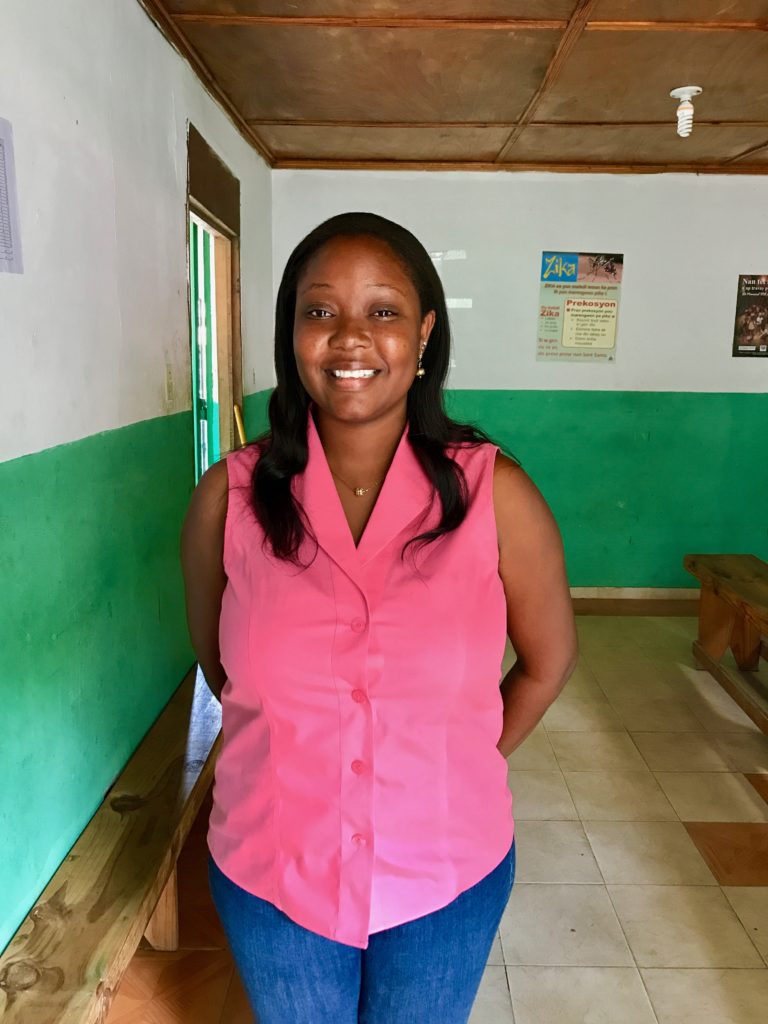
We honor the contributions that women make to C2C by engaging women in leadership at all levels of our organization. Our clinics create stable, well-paying jobs for women in rural areas. A number of our leaders began at C2C as nurses or staff members and advanced to leadership positions in clinic management with their initiative, talent, and passion. We facilitate professional development whenever possible and encourage the talented women on our staff to advance their skills and careers.
Our celebration of women’s history and contributions will not end this week or this month. We are working to expand our maternal health program to other clinics this year so that Haitian mothers can get the prenatal and infant care that they deserve. We are promoting women to leadership positions and working with our staff and communities to better serve women and children. Our goal is not just to create representation but to facilitate meaningful involvement from those most closely impacted by health disparities in Haiti, and those so often on the frontlines fighting for a brighter future.
Click here to learn more about our plan to support even more women in our communities by expanding our maternal healthcare program.
